Introduction
Welcome to Tips From A Trainer, your trusted source for health and fitness advice that breaks the mold. We're here to provide you with valuable information, debunk common myths, and empower you to achieve your fitness goals.
In this article, we dive deep into the world of pre- and post-exercise nutrition to fuel your body for peak performance.
Get ready to learn how proper nutrition can enhance your workouts, support recovery, and take your fitness journey to the next level.
Table of Contents
Introduction
Pre-Exercise Nutrition for Optimal Performance
Energize Your Workout
Carbohydrates for Energy
Protein For Muscle Support
Healthy Fats for Energy and Nutrient Absorption
Hydration And Fueling During Exercise
Drink Water
Electrolyte Replacement
Fueling Mid-Workout
Post-Exercise Nutrition for Recovery and Repair
Refuel With Carbohydrates
Protein for Repair and Growth
Rehydrate and Replenish Electrolytes
The Importance of Rest And Sleep
Conclusion
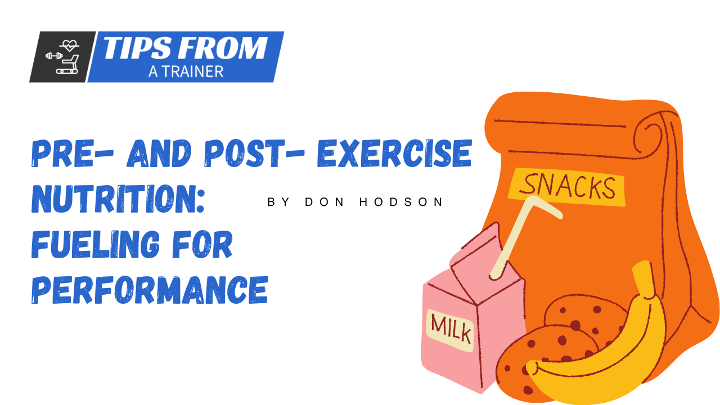
Pre-Exercise Nutrition for Optimal Performance
Energize Your Workout
Fueling your body with the right nutrients before exercise is essential for
maximizing performance.
Consume a balanced meal or snack containing a combination of carbohydrates,
proteins, and healthy fats about 1-3 hours before your workout. This provides a steady
stream of energy and helps prevent mid-workout crashes.
Carbohydrates for Energy
Prioritize complex carbohydrates like whole grains, fruits, and vegetables. These
slow-release energy sources provide a sustained fuel supply during your workout.
Consuming the right carbohydrates helps enhance your body's metabolic rate
and endurance during fat-burning workouts.
Protein For Muscle Support
Include a moderate amount of protein to support muscle repair and growth. Lean protein sources like chicken, fish, tofu, or Greek yogurt provide essential amino acids for rebuilding and maintaining muscle tissue.
Muscle-building exercises and strength training for weight loss heavily rely on protein
intake to enhance muscle-building and toning. By fueling your body with adequate protein, you provide the necessary nutrients for muscle recovery and growth, ultimately maximizing the benefits of your workouts.
Healthy Fats for Energy and Nutrient Absorption
Proper hydration is crucial for maintaining performance and preventing dehydration.
Drink water before, during, and after your workout to replenish fluids lost through sweat.
For longer workouts or intense training sessions, consider including an electrolyte drink
to replenish minerals and maintain fluid balance. Endurance training techniques and improving stamina and endurance demand optimal hydration for sustained performance and overall well-being.
Hydration And Fueling During Exercise
Proper hydration is crucial for maintaining performance and preventing dehydration.
Drink water before, during, and after your workout to replenish fluids lost through sweat.
For longer workouts or intense training sessions, consider including an electrolyte drink
to replenish minerals and maintain fluid balance. Endurance training techniques and improving stamina and endurance demand optimal hydration for sustained performance and overall well-being.
Drink Water
Before your workout, make sure to drink water to ensure that you start adequately hydrated. During your workout, continue to sip water to replenish fluids lost through sweat.
Aim to drink at least 8 ounces of water every 15-20 minutes during exercise.
Staying hydrated supports optimal cognitive function, muscle contraction, and temperature regulation.
Electrolyte replacement
For longer workouts or intense training sessions, consider including an electrolyte drink to replenish minerals and maintain fluid balance. Electrolytes, such as sodium, potassium, and magnesium, play a crucial role in muscle function and hydration.
Endurance training techniques and improving stamina and endurance demand optimal hydration for sustained performance and overall well-being.
Fueling Mid-Workout
During extended workouts or high-intensity activities, it may be necessary to refuel to
sustain energy levels. Opt for easily digestible carbohydrates such as energy gels, sports drinks, or fruit to provide a quick source of energy.
Refueling during endurance training is essential to maintain energy levels, enhance
performance, and delay fatigue. Incorporating strategic fueling practices can help you push through challenging workouts and reach your endurance goals.
Post-Exercise Nutrition for Recovery and Repair
Refuel with Carbohydrates
After a workout, replenish glycogen stores by consuming carbohydrates within 30-60
minutes. Choose nutrient-dense options like sweet potatoes, quinoa, or whole-grain bread to kickstart the recovery process. Nutrition tips for muscle recovery emphasize the significance of carbohydrates in aiding muscle repair and recovery.
By replenishing your glycogen stores, you provide your body with the necessary fuel for
future workouts and optimize your recovery.
Protein for Repair and Growth
Pair your carbohydrates with a serving of protein to support muscle repair and growth.
A muscle gain diet and building lean muscle mass are highly dependent on post-workout protein consumption. By providing your body with adequate protein, you promote muscle protein synthesis, reduce muscle damage, and enhance recovery.
Rehydrate and Replenish Electrolytes
Restore hydration levels by drinking water and consuming foods rich in electrolytes like
bananas, coconut water, or sports drinks. Electrolytes help restore proper fluid balance and support efficient muscle function.
Ensuring proper hydration and electrolyte replenishment is crucial for optimizing
performance, preventing cramps, and promoting overall well-being. By incorporating these strategies into your fitness routine, you can enhance muscle
support, improve endurance, and facilitate optimal recovery.
Remember to personalize your nutrition and hydration needs based on your specific
goals, body composition, and training intensity. Stay committed, stay hydrated, and enjoy the benefits of a well-fueled, recovered body!
Importance of Rest and Sleep
While nutrition plays a vital role in fueling your workouts, it's equally important to prioritize rest and sleep. Rest allows your body to recover and adapt to the demands of exercise.
Aim for 7-9 hours of quality sleep each night to support muscle repair, hormone balance, and overall well-being. Additionally, incorporate active rest days into your fitness routine to give your body the time it needs to recover and reduce the risk of overtraining.
Conclusion
Congratulations on taking the first step towards breaking through plateaus and achieving continuous progress in your health and fitness journey. Remember, "Tips From A Trainer" is here to support you every step of the way.
By implementing effective fat loss strategies, muscle-building exercises, and longevity
secrets, you'll unlock your true potential. Don't forget to nourish your body with the right nutrition and prioritize recovery for optimal results.
Subscribe to our newsletter for regular updates, exclusive content, and notifications
about new articles. We value your trust and aim to provide you with valuable information without bombarding you with ads or charging fees. Stay tuned for our upcoming YouTube videos and join our community on Facebook for even more fitness insights and inspiration.

Don Hodson, Certified Personal Trainer
I'm Don, an ACE-certified personal trainer and the founder of Tips From A Trainer. With my passion for fitness and years of experience, I've helped countless individuals transform their physiques!
Having personally overcome weight challenges throughout my life, I understand the struggle. Through consistency, exercise, and a balanced diet, I have managed to stay in shape and I want to share my message with the world!
The fitness industry is fraught with misconceptions and deceptive practices, which is why I am committed to providing you with the truth.
- My Site: www.Don-Hodson.com
- My Company: www.ConnectedAgeMarketing.com
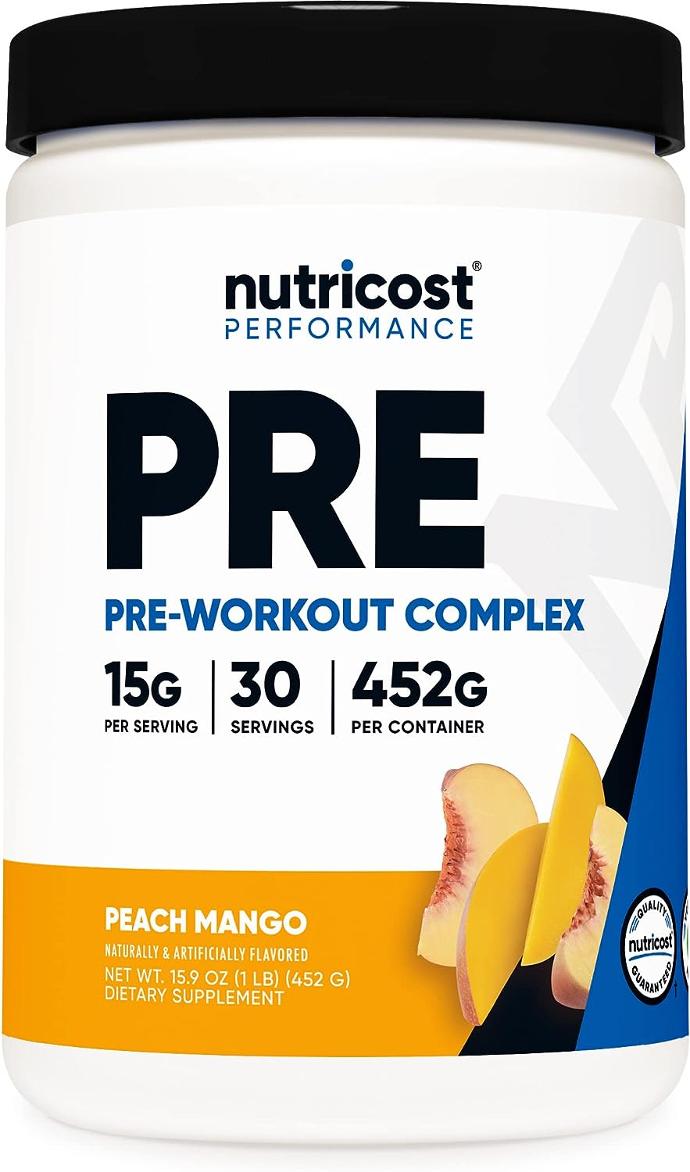
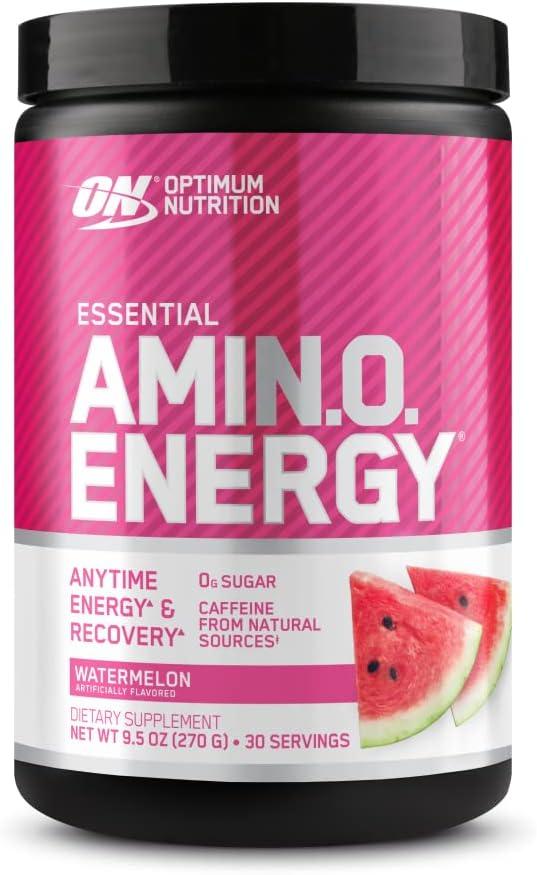
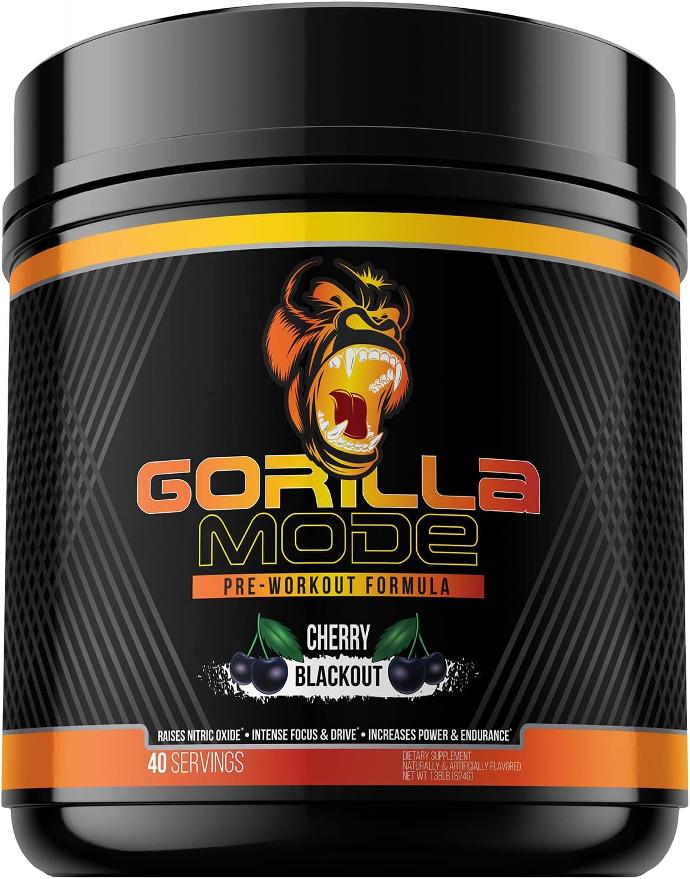
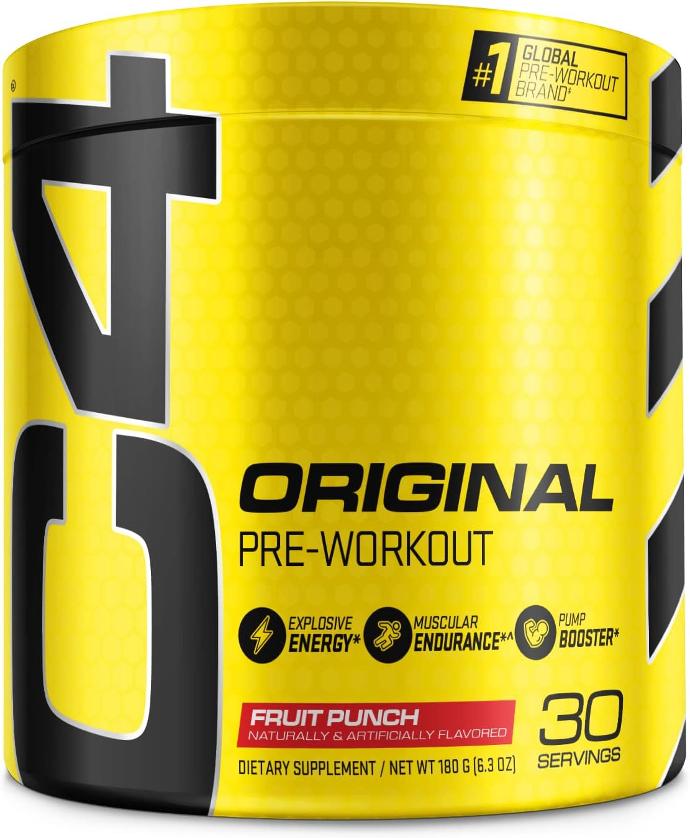
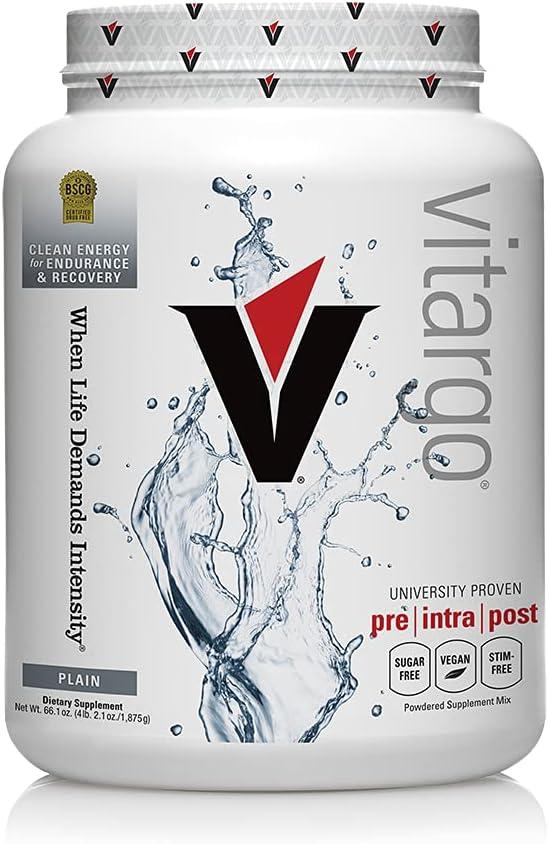
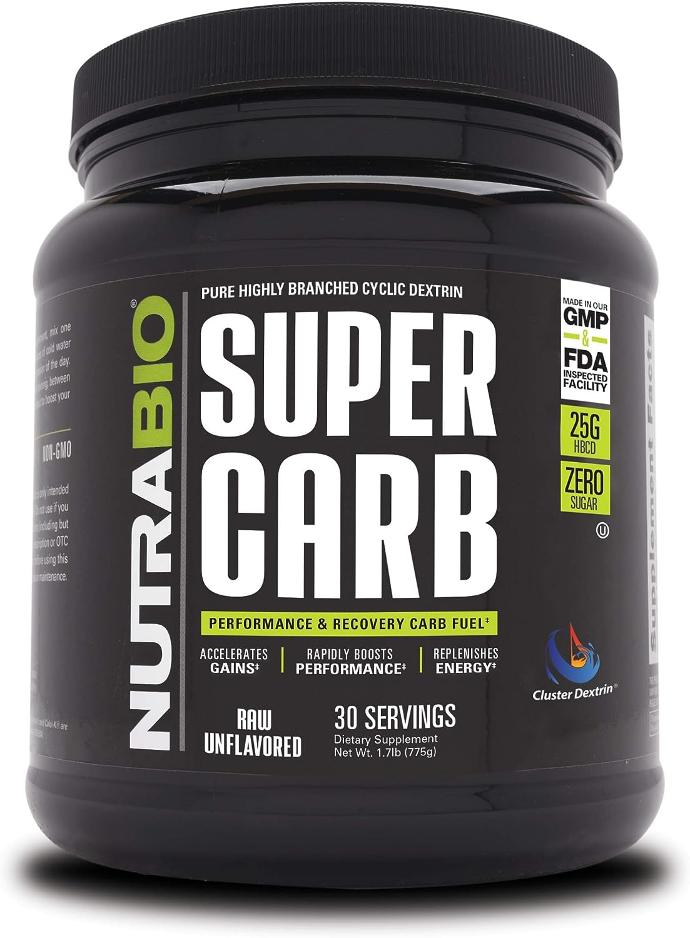
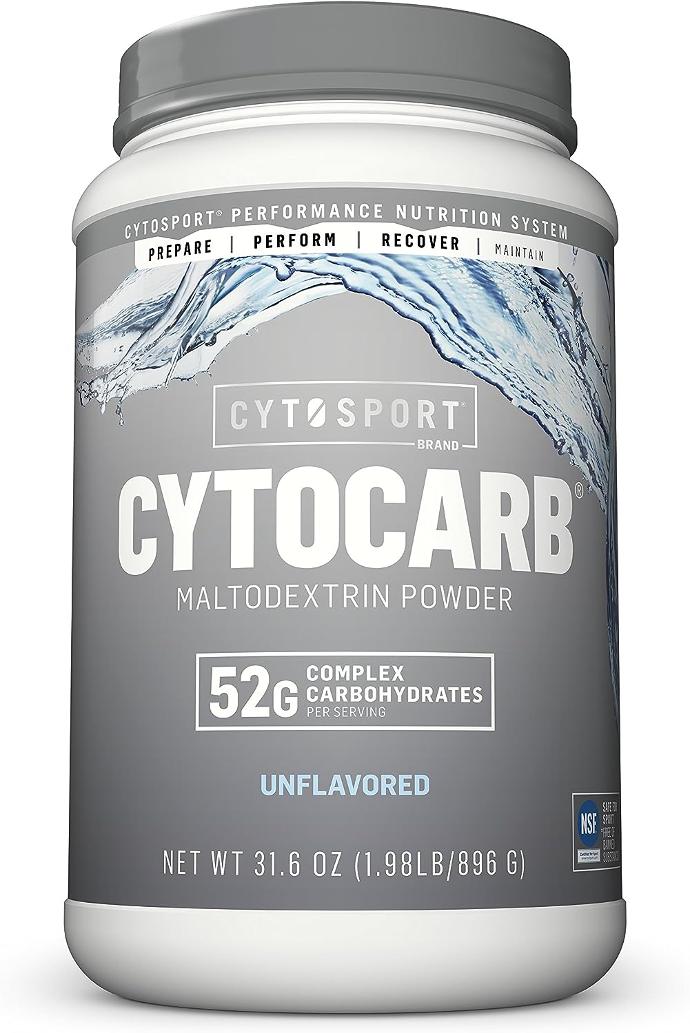
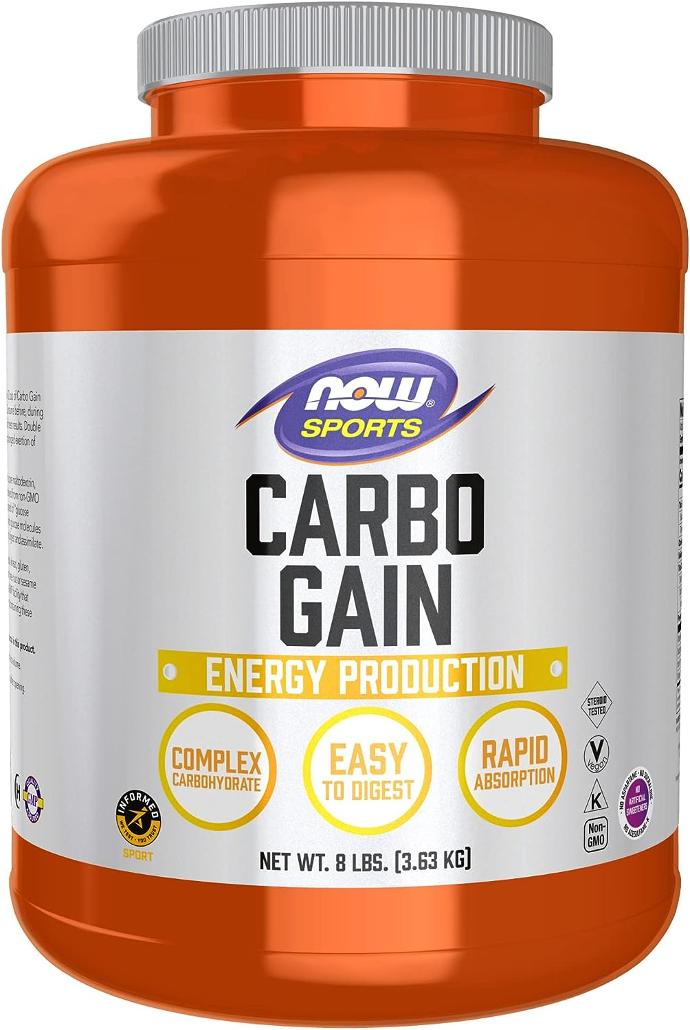
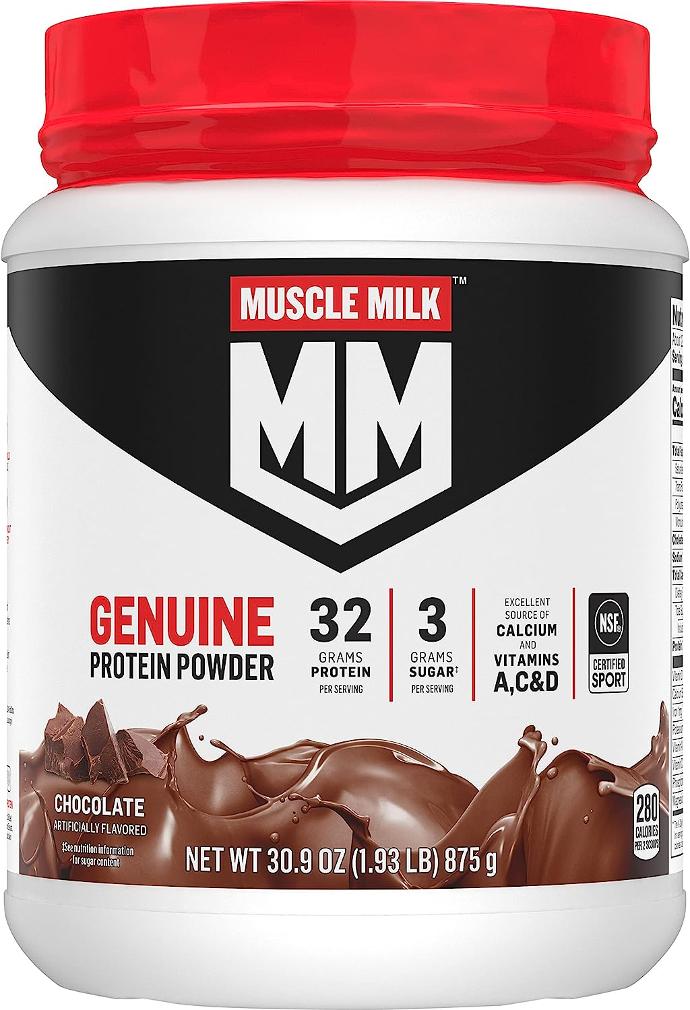
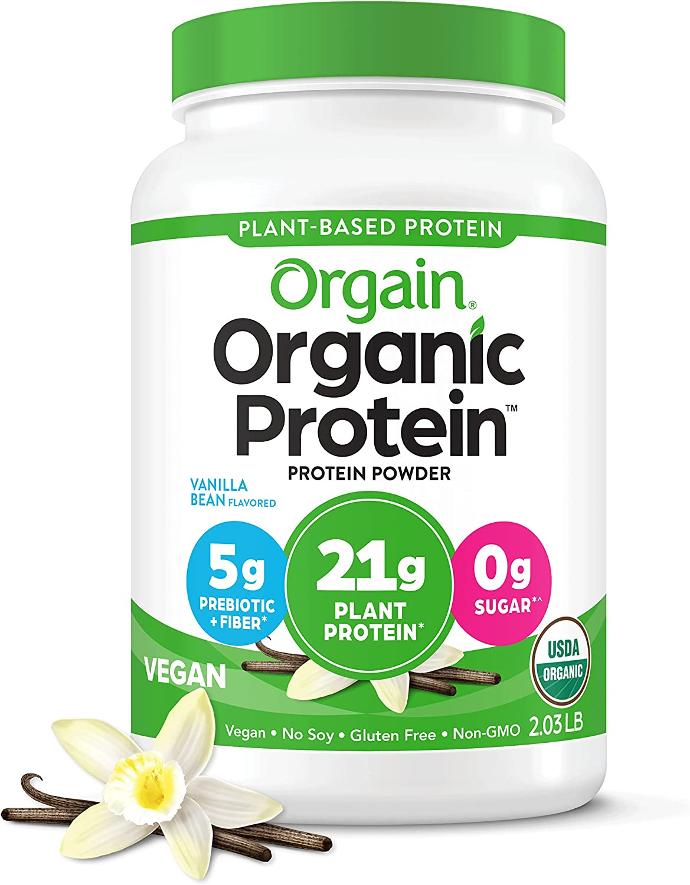
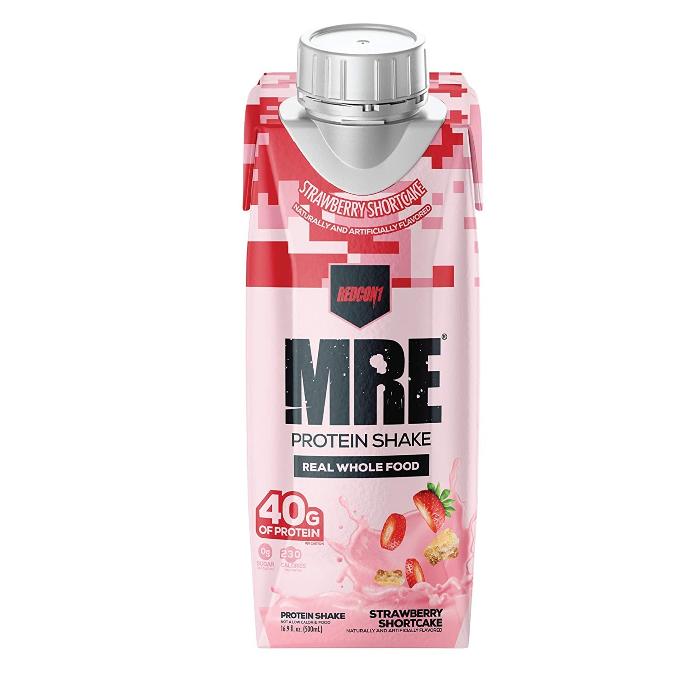
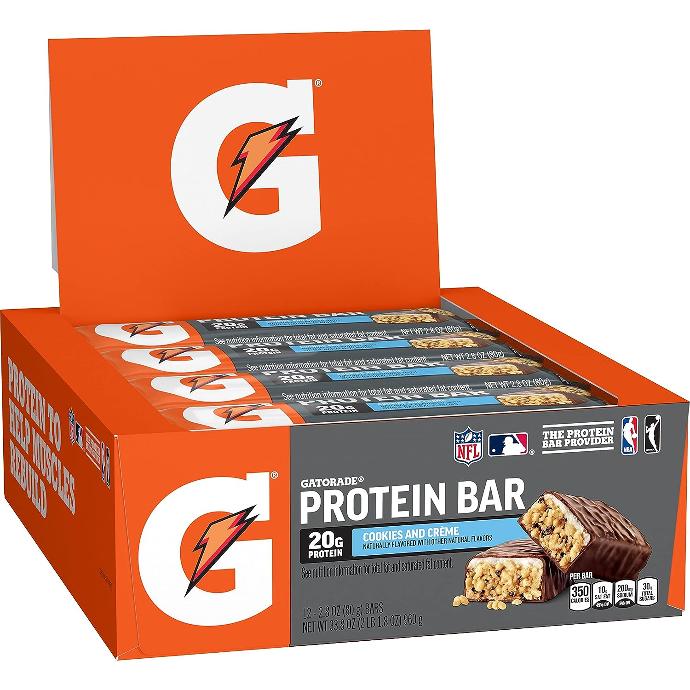
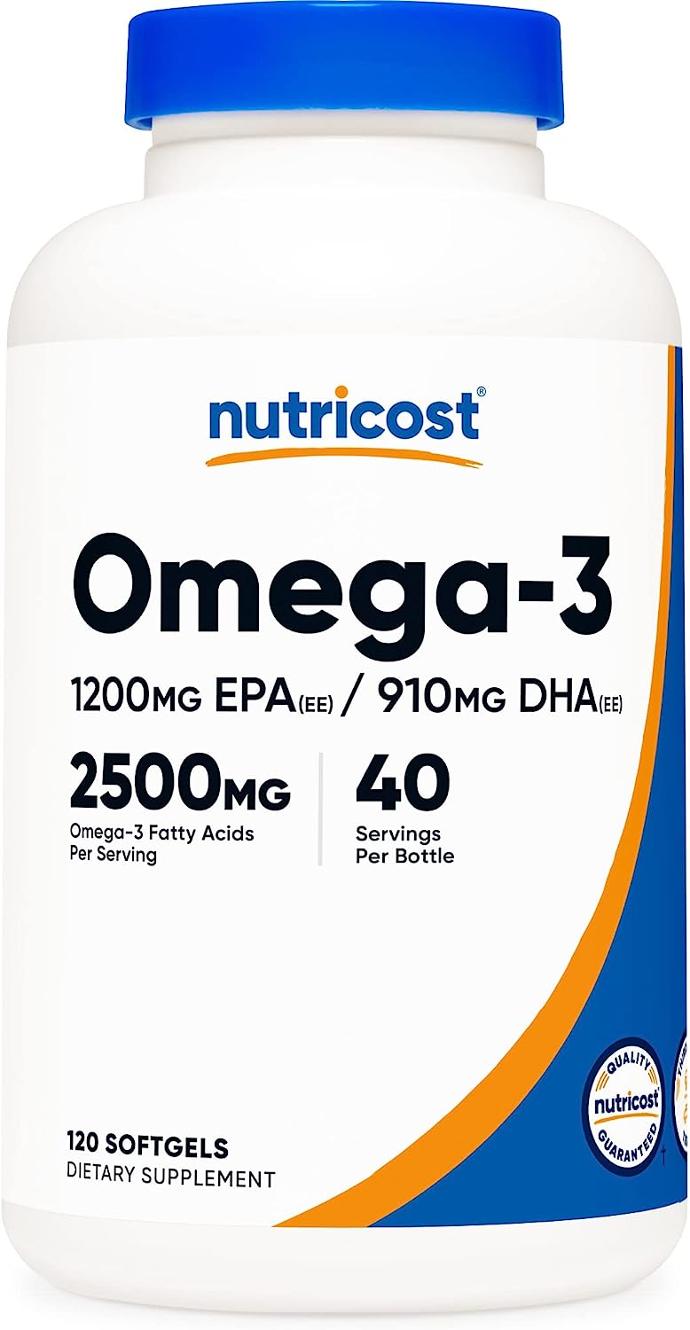
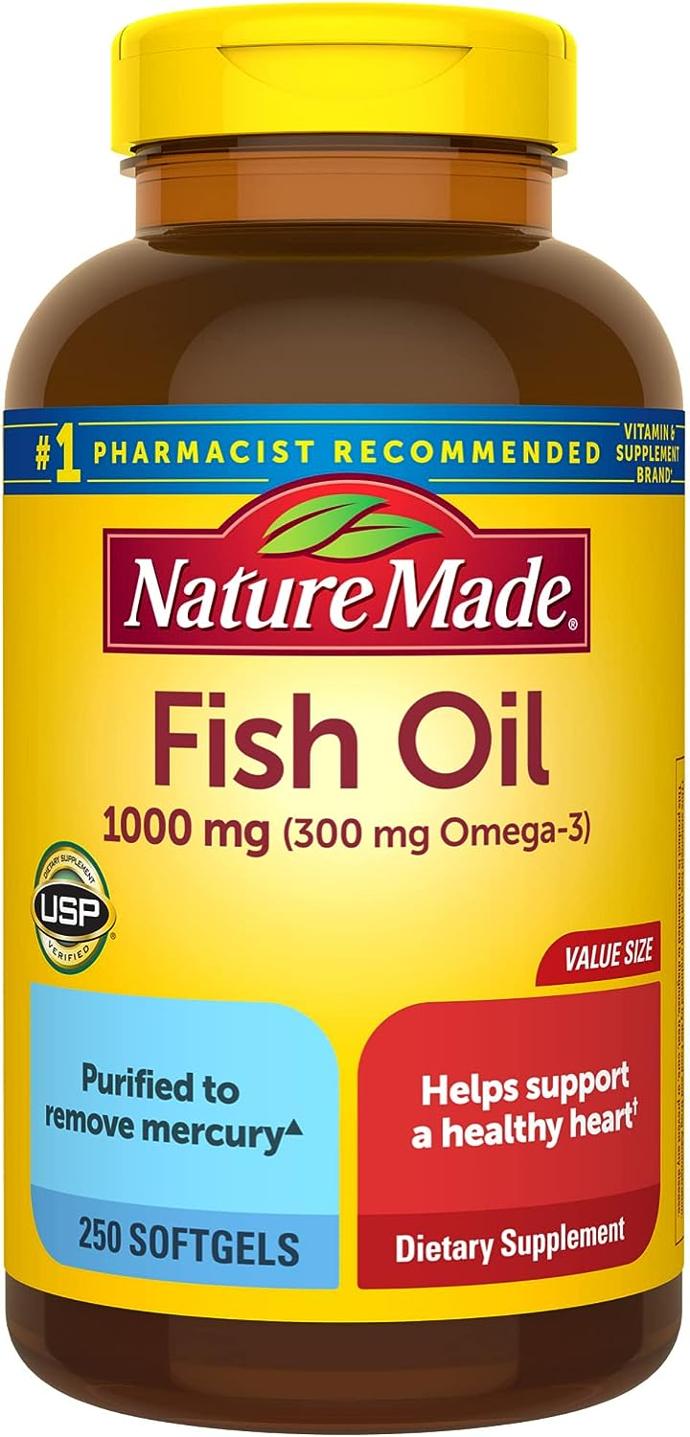
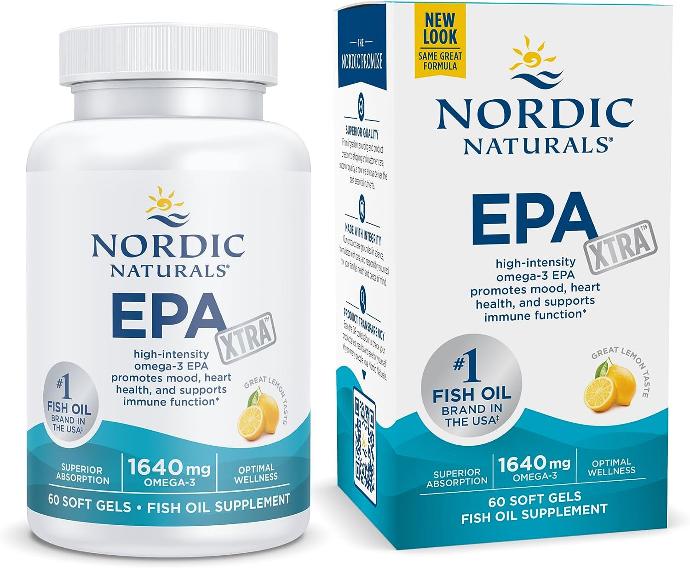
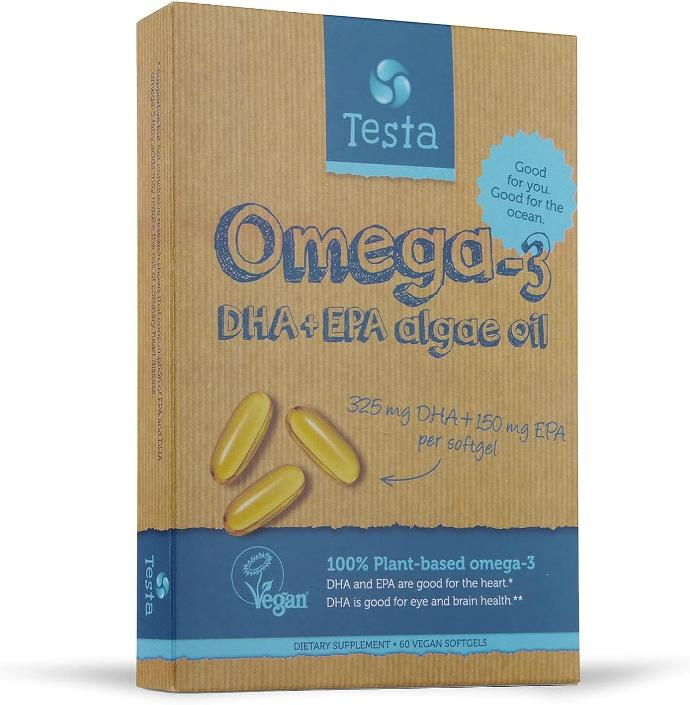
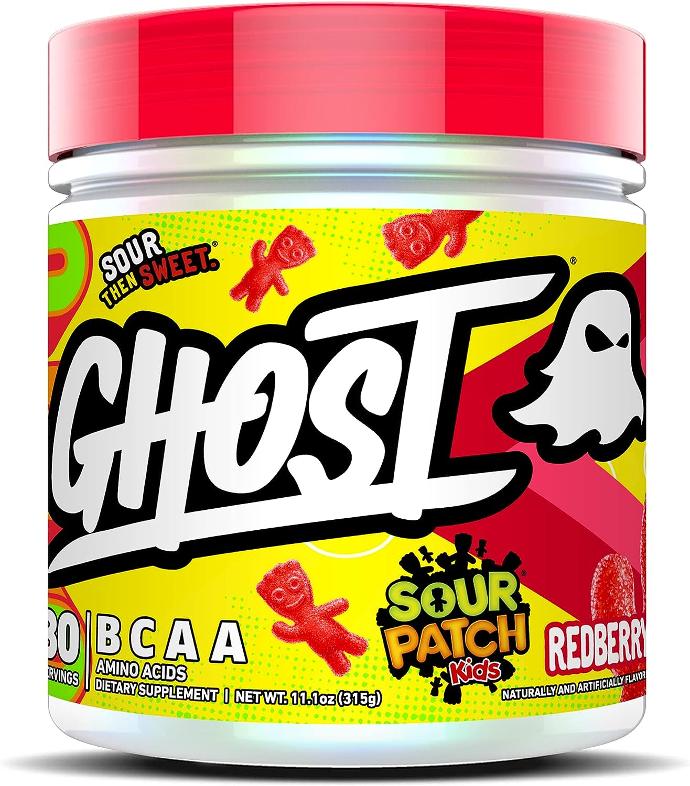
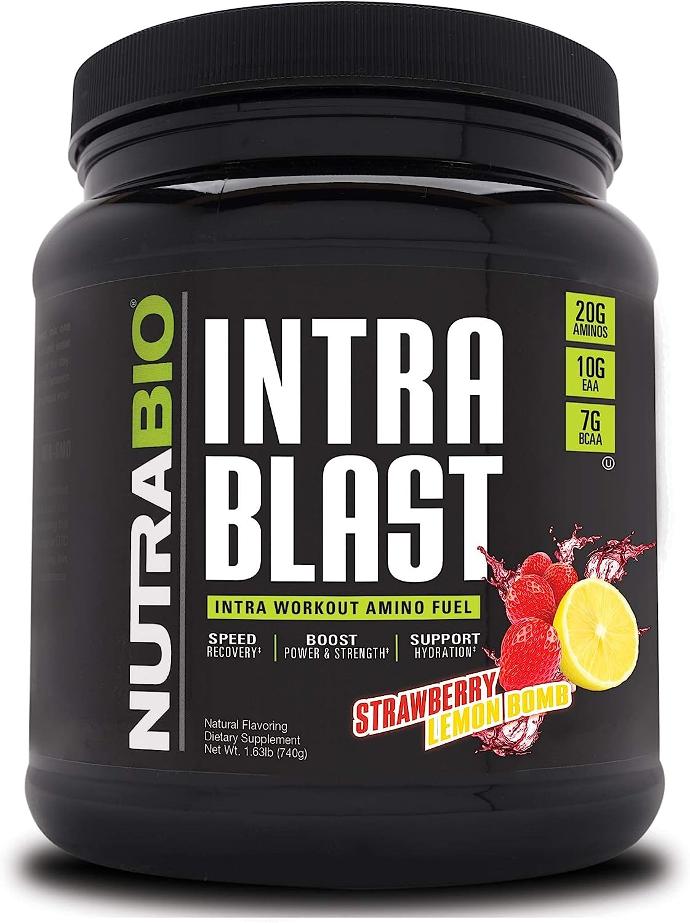
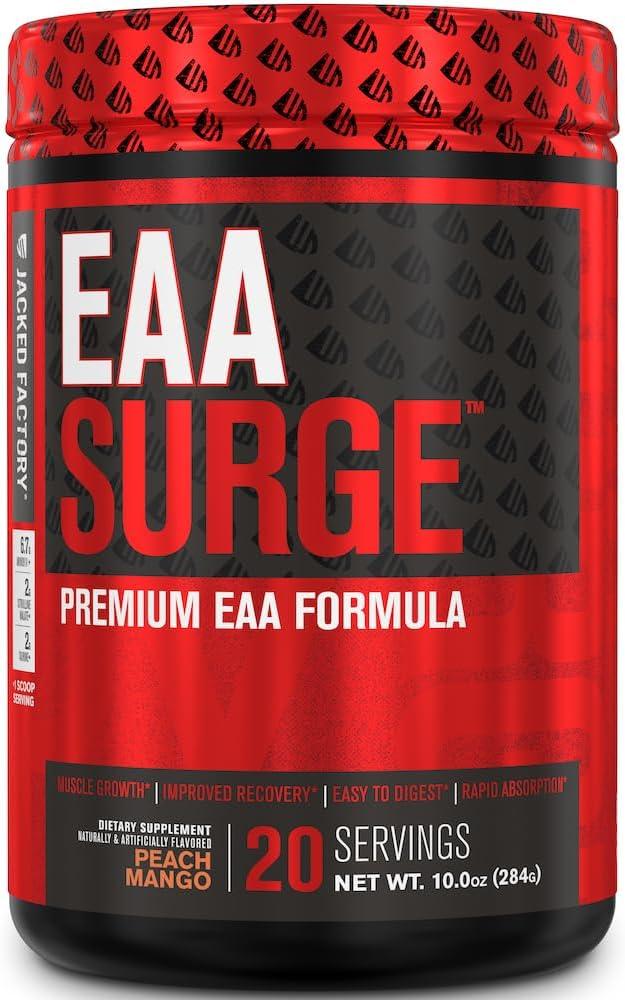
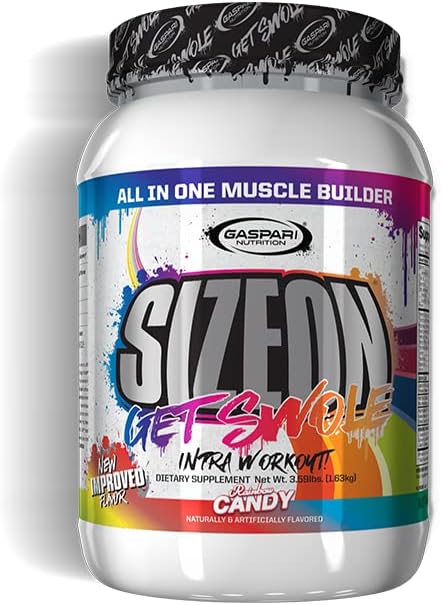
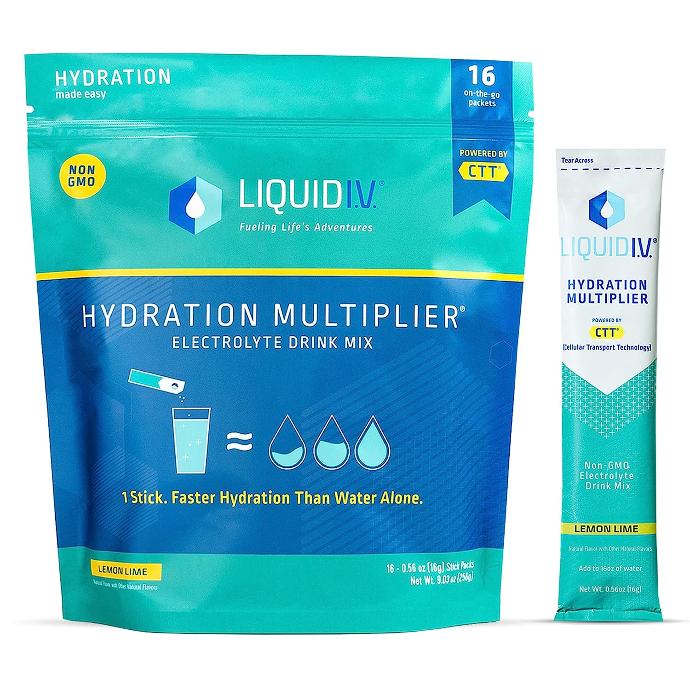
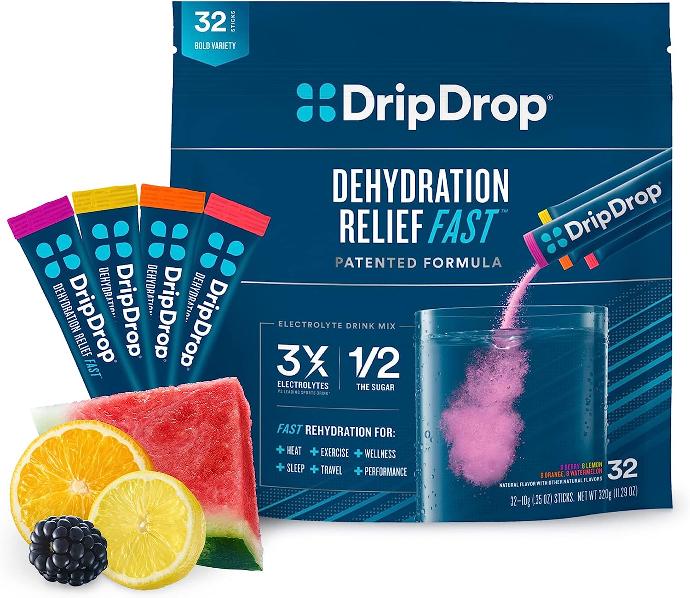
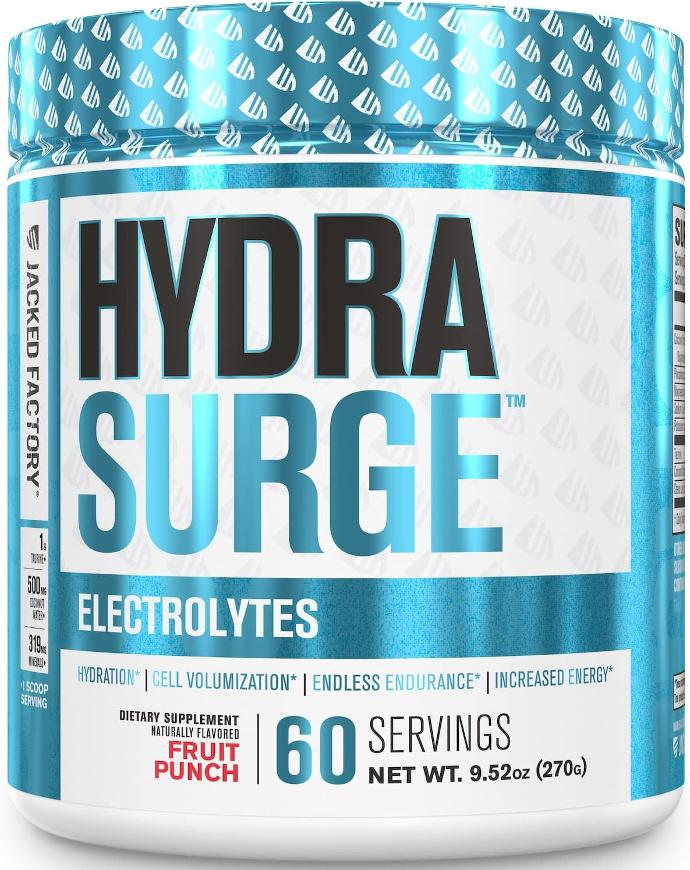
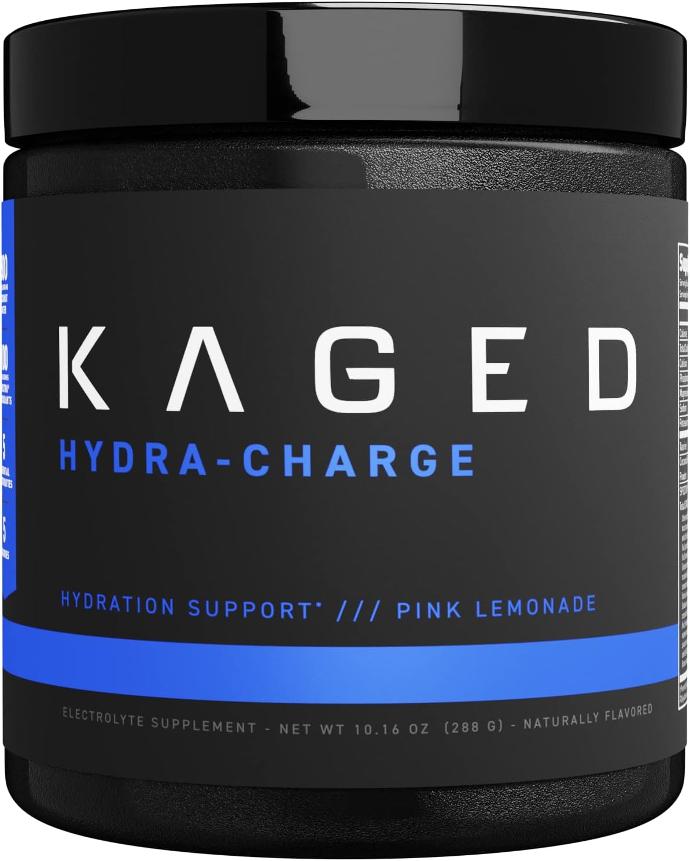
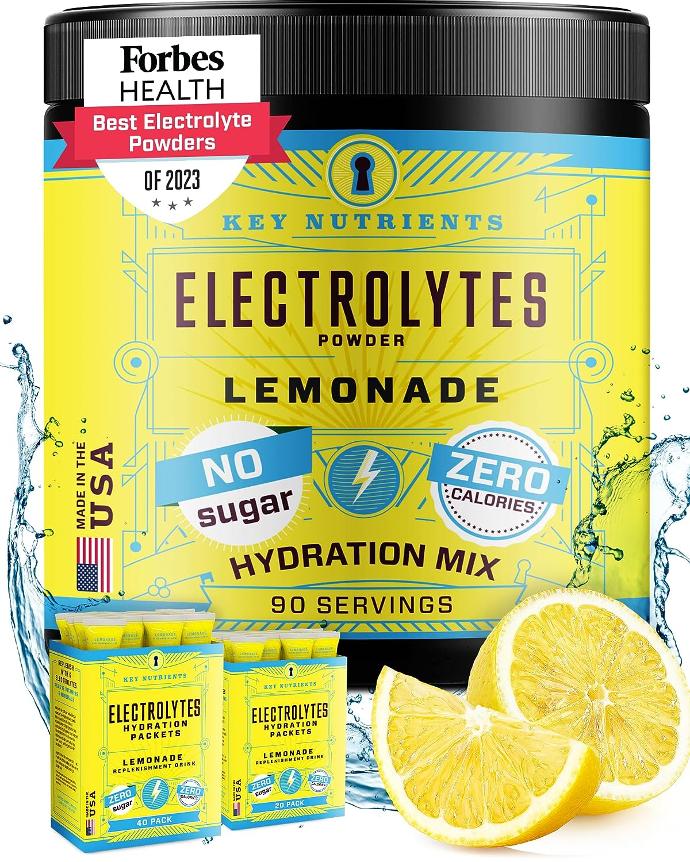
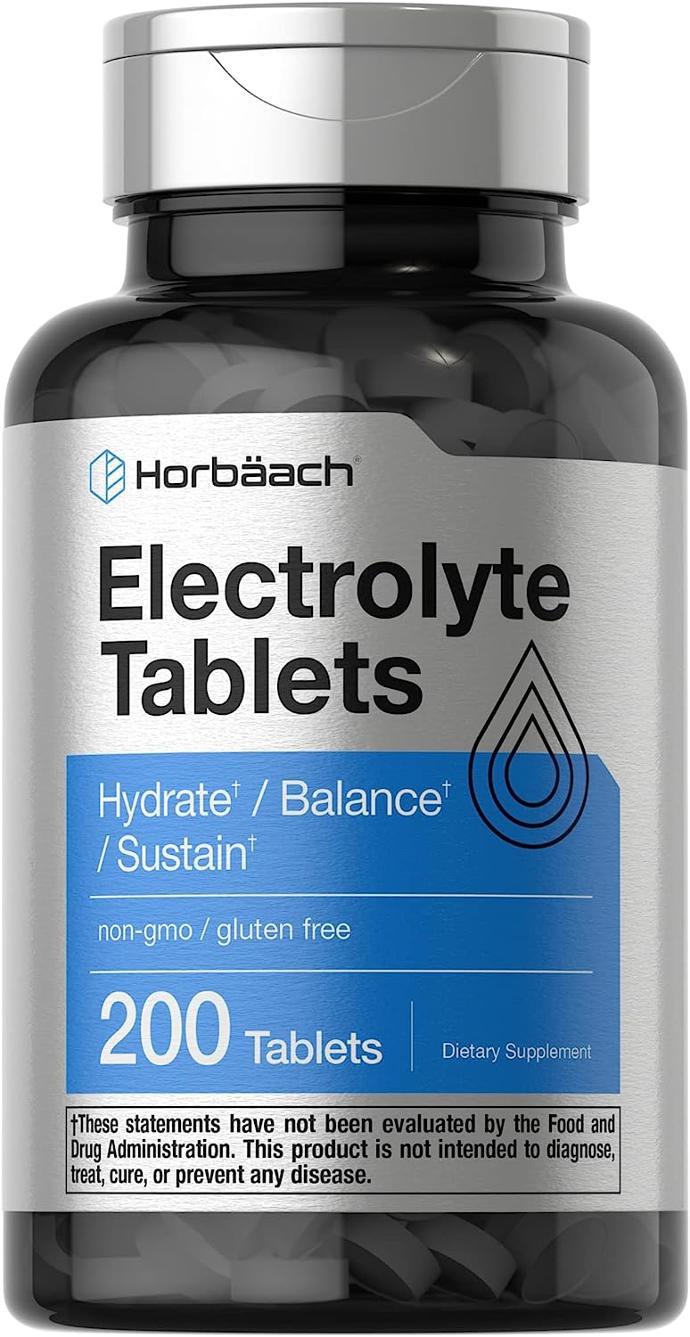
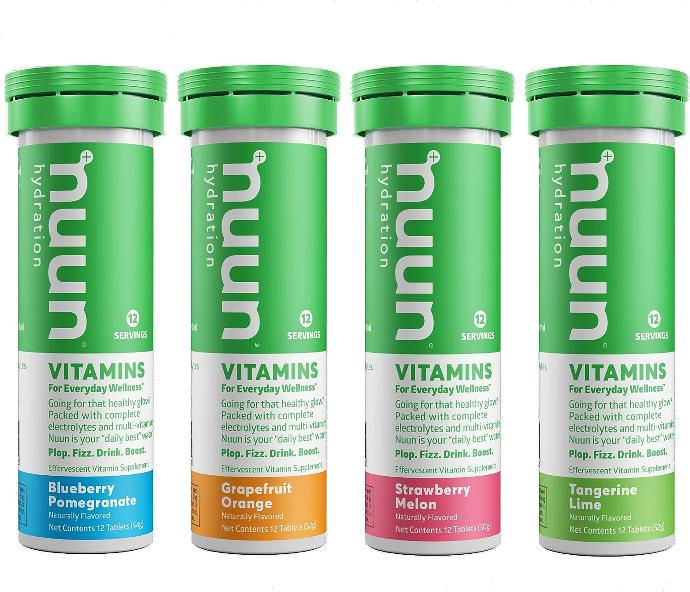
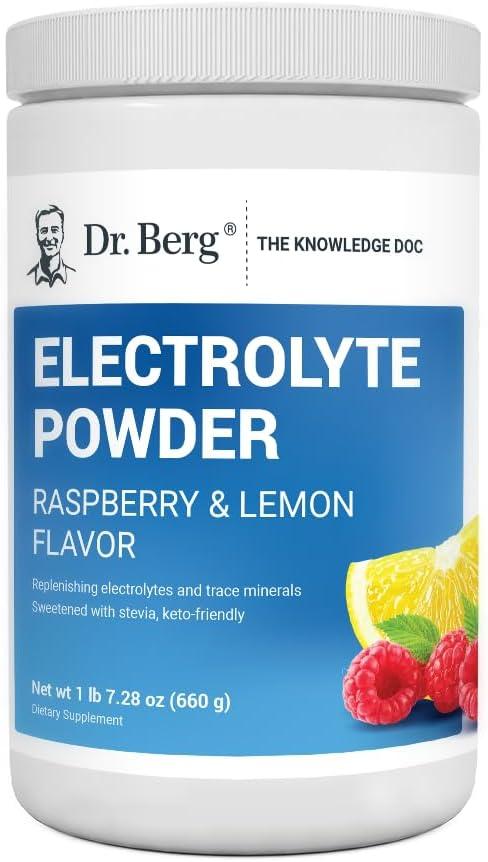
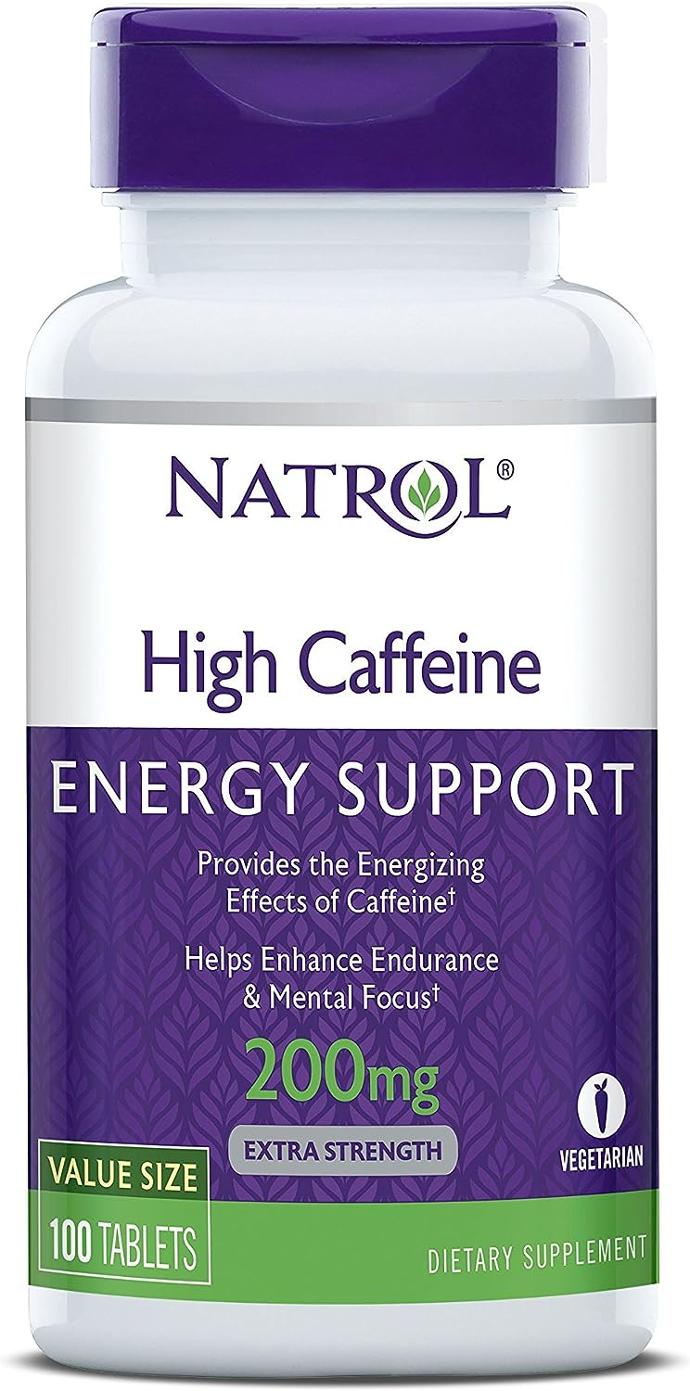
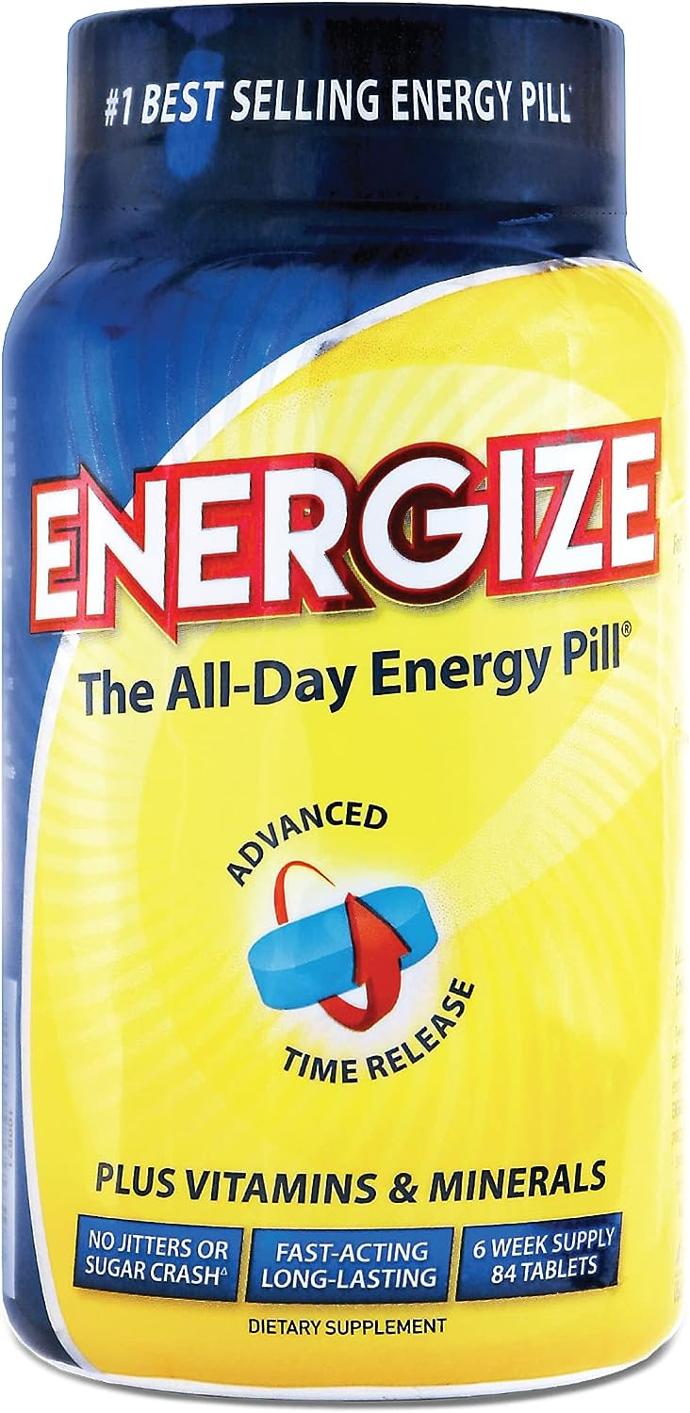
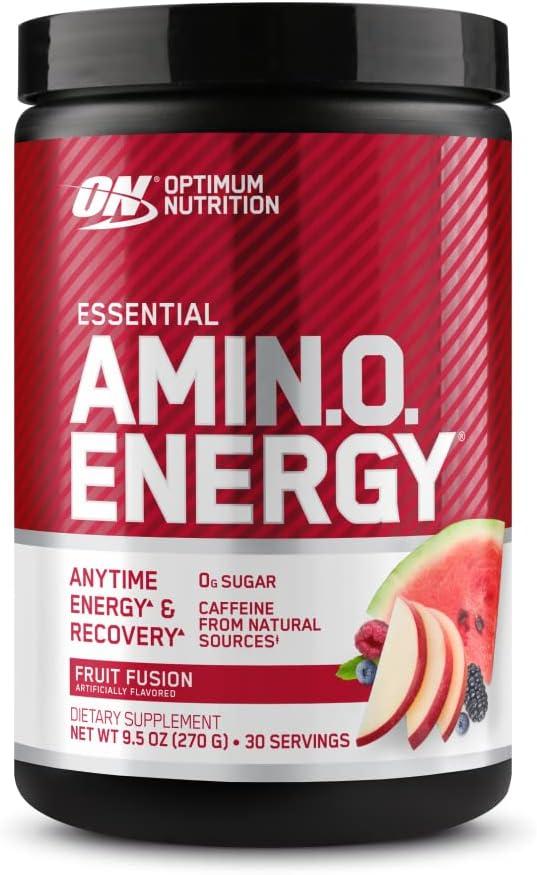
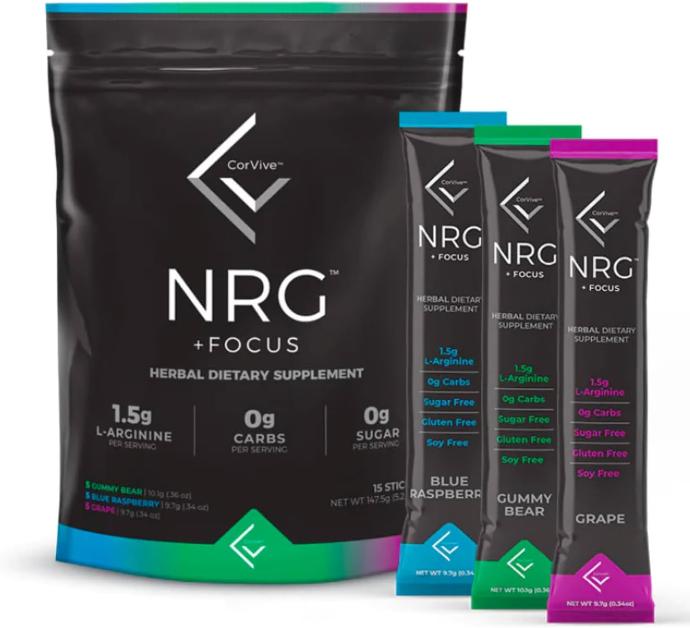
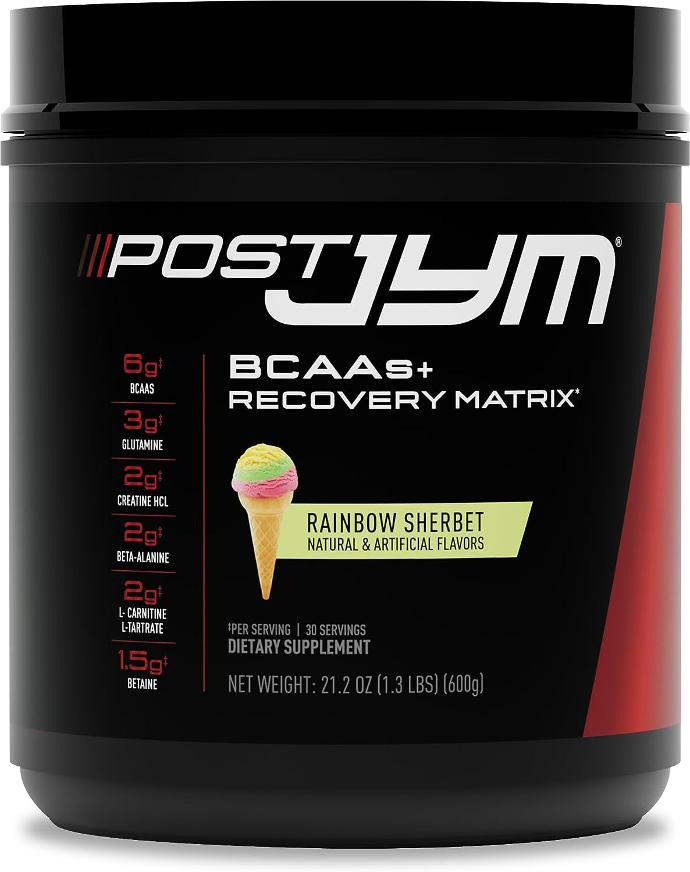
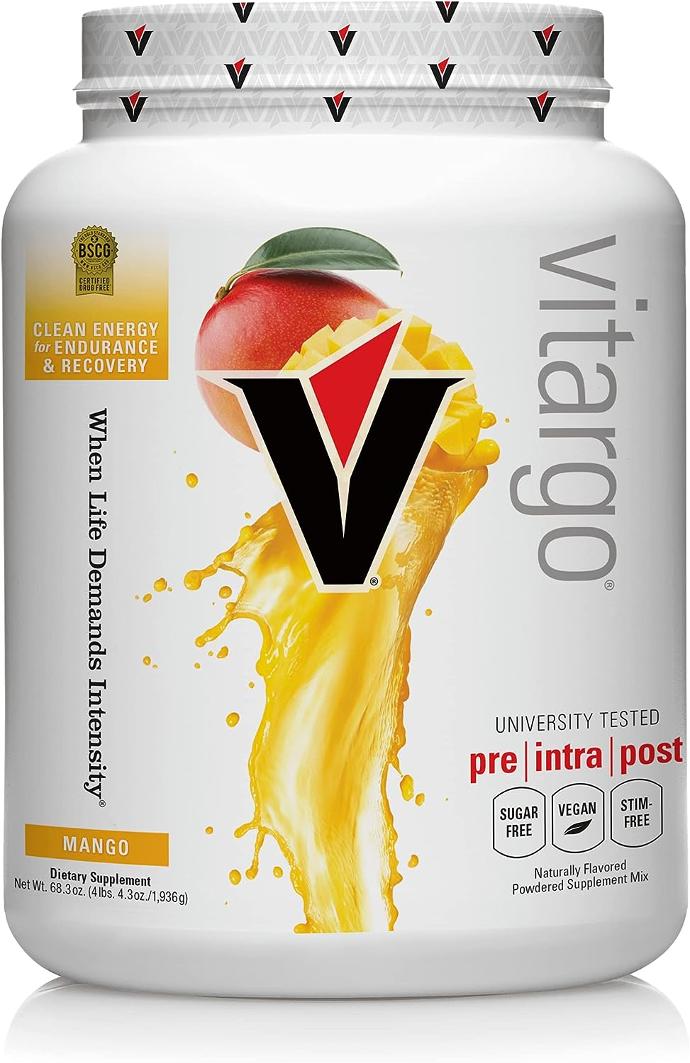
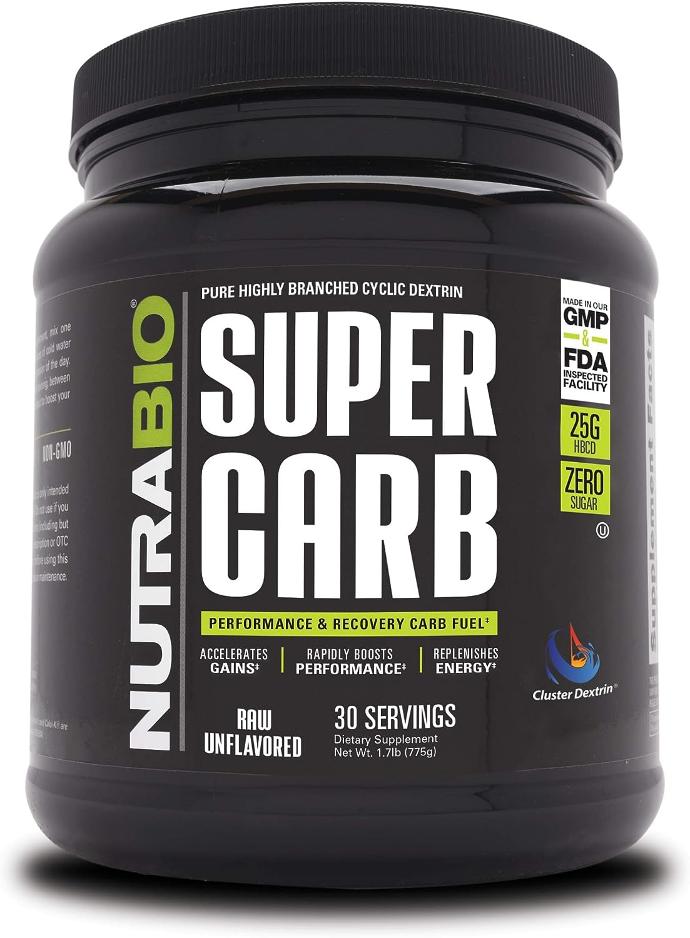
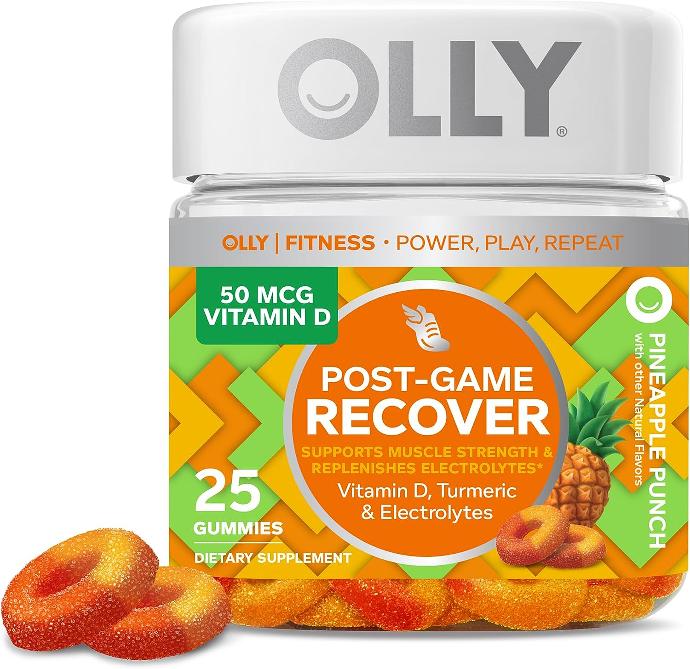
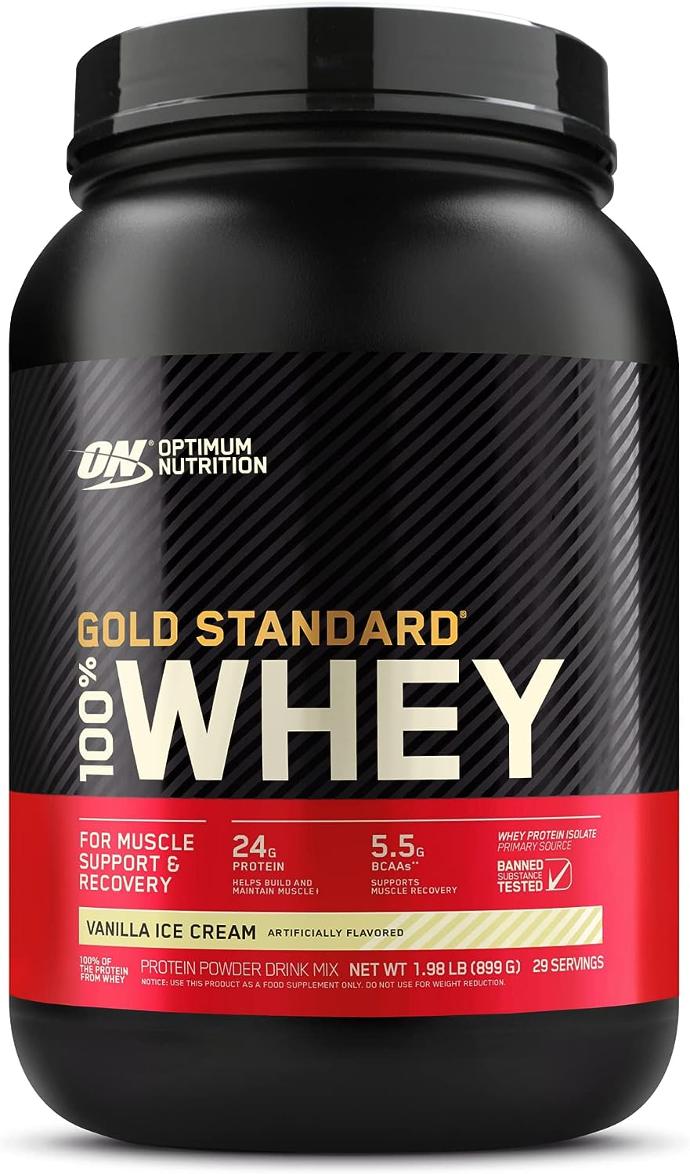
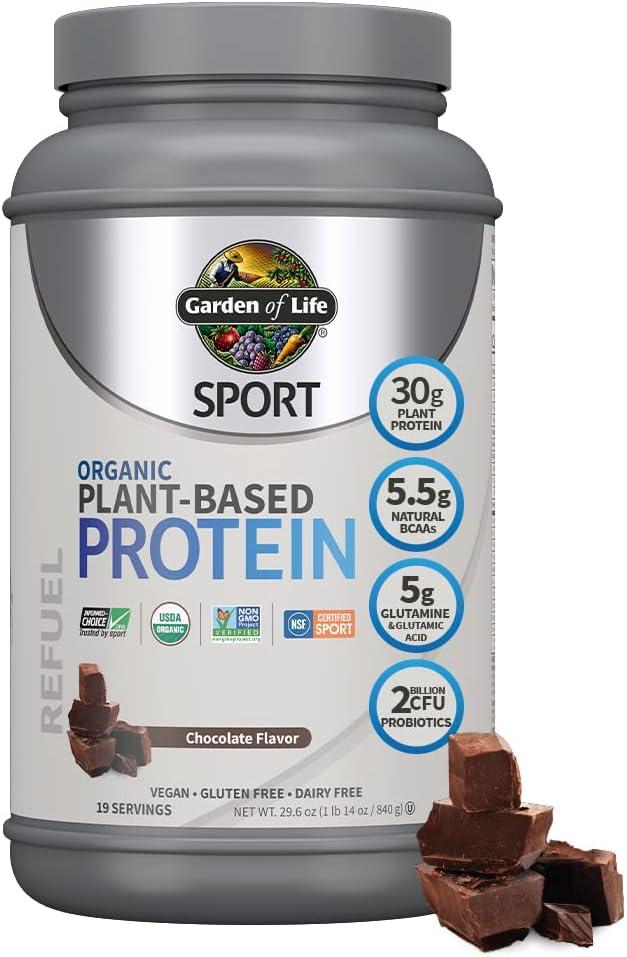
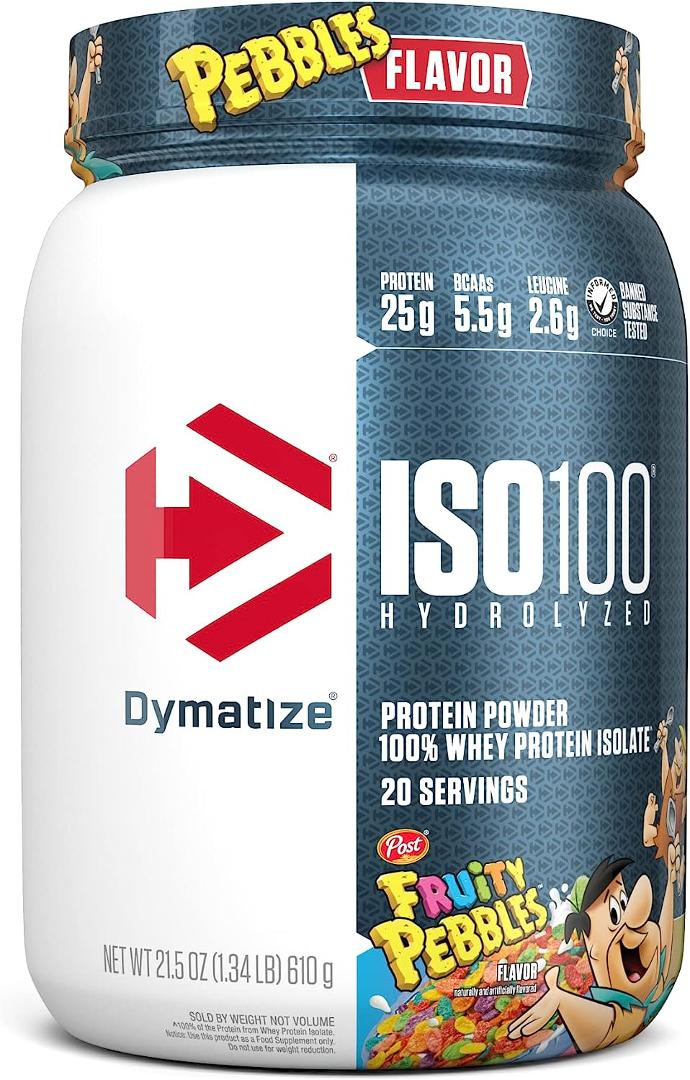
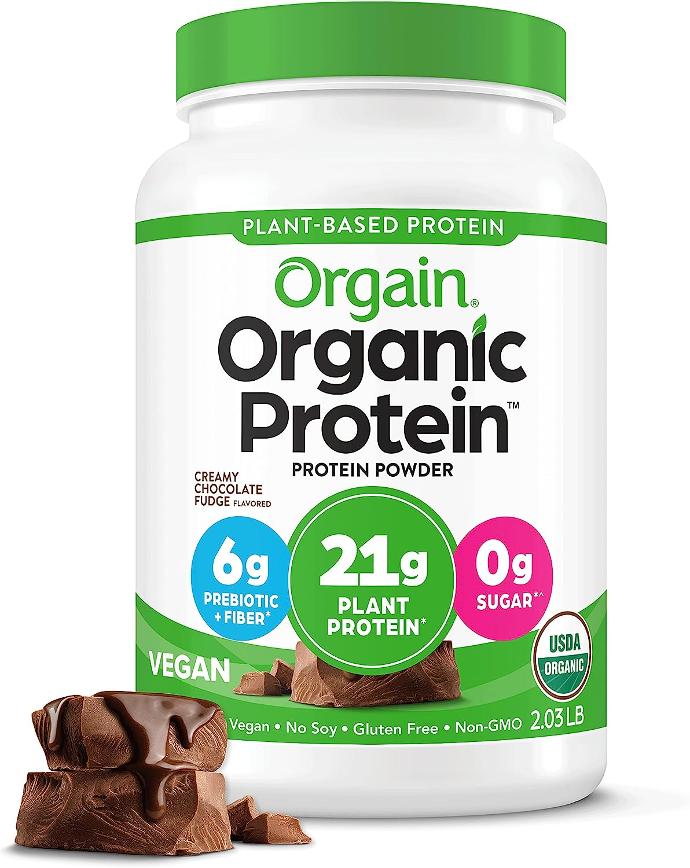
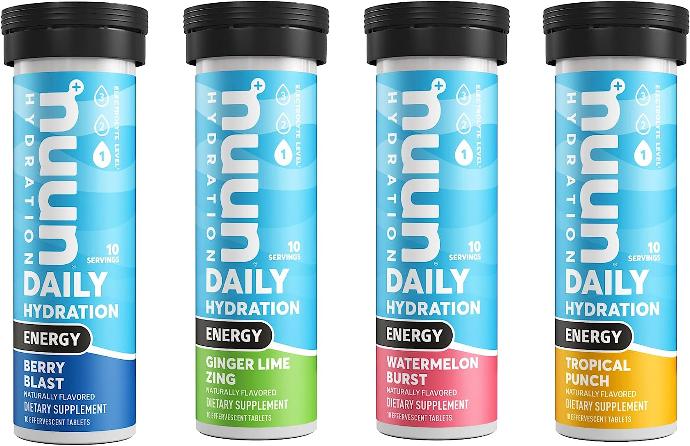
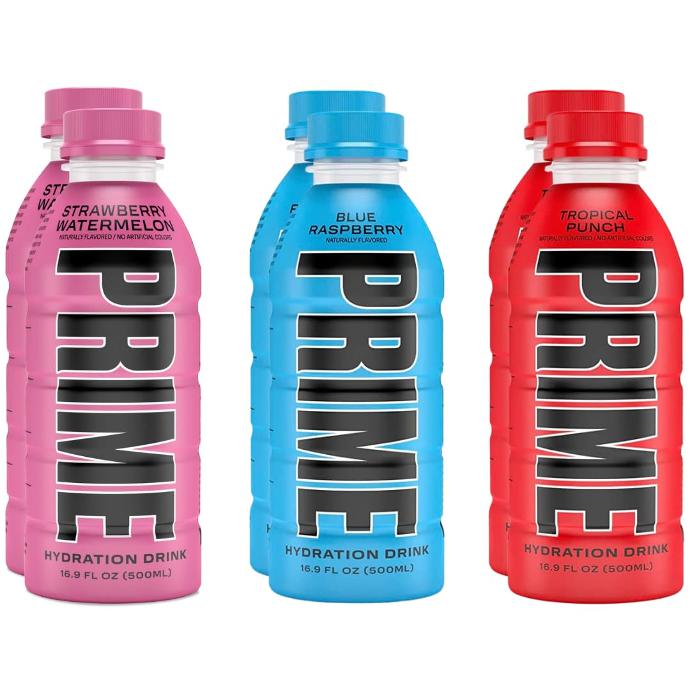
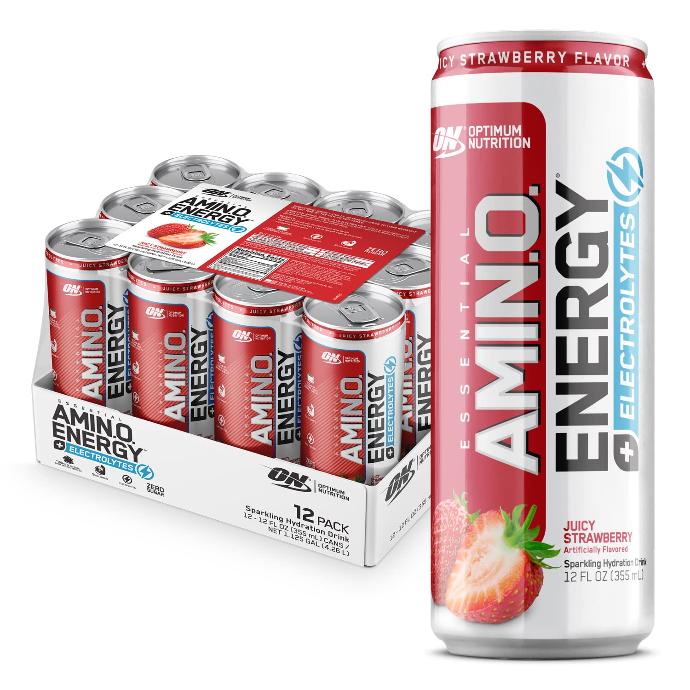
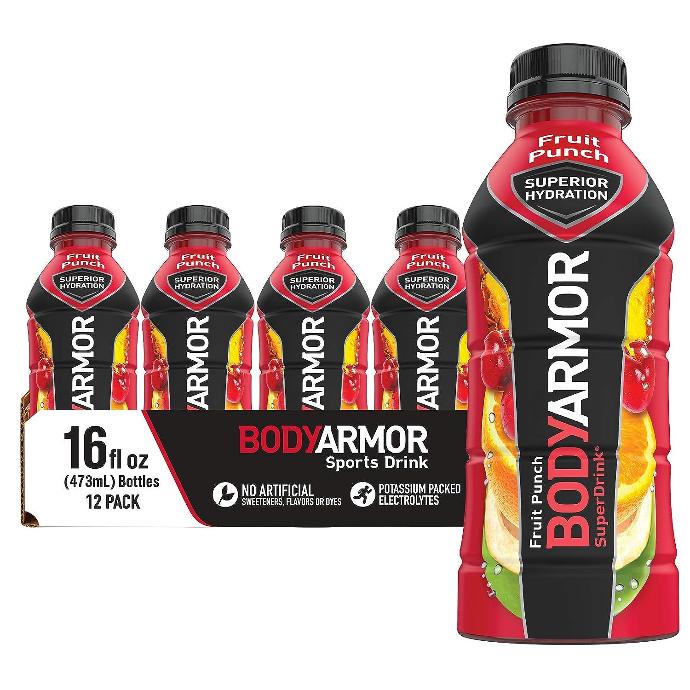
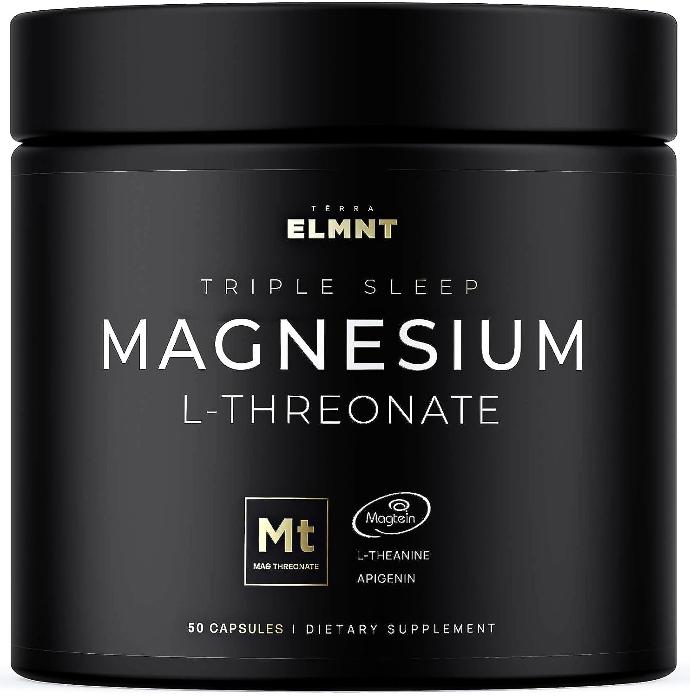
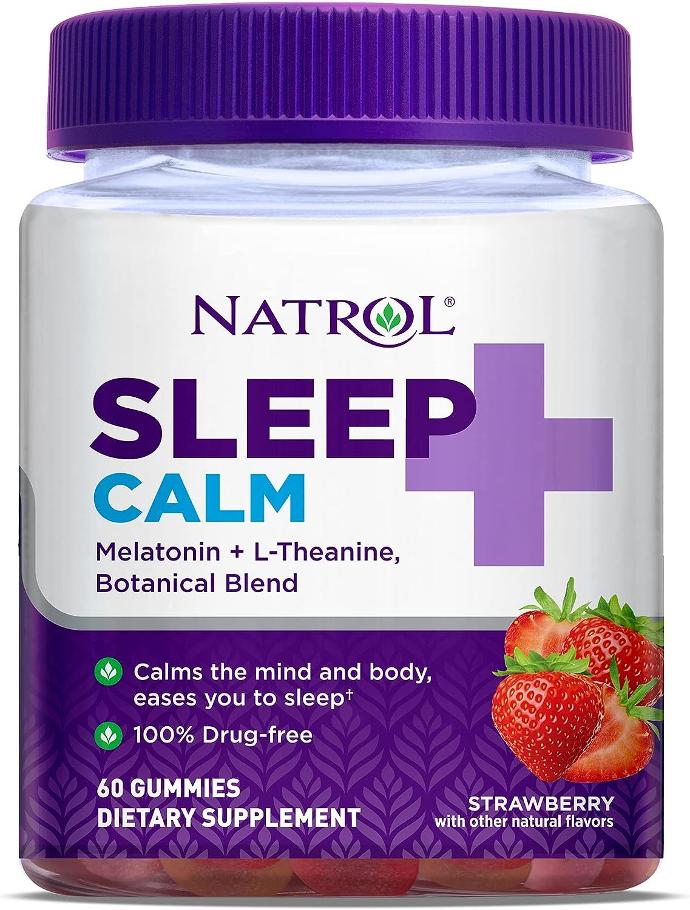
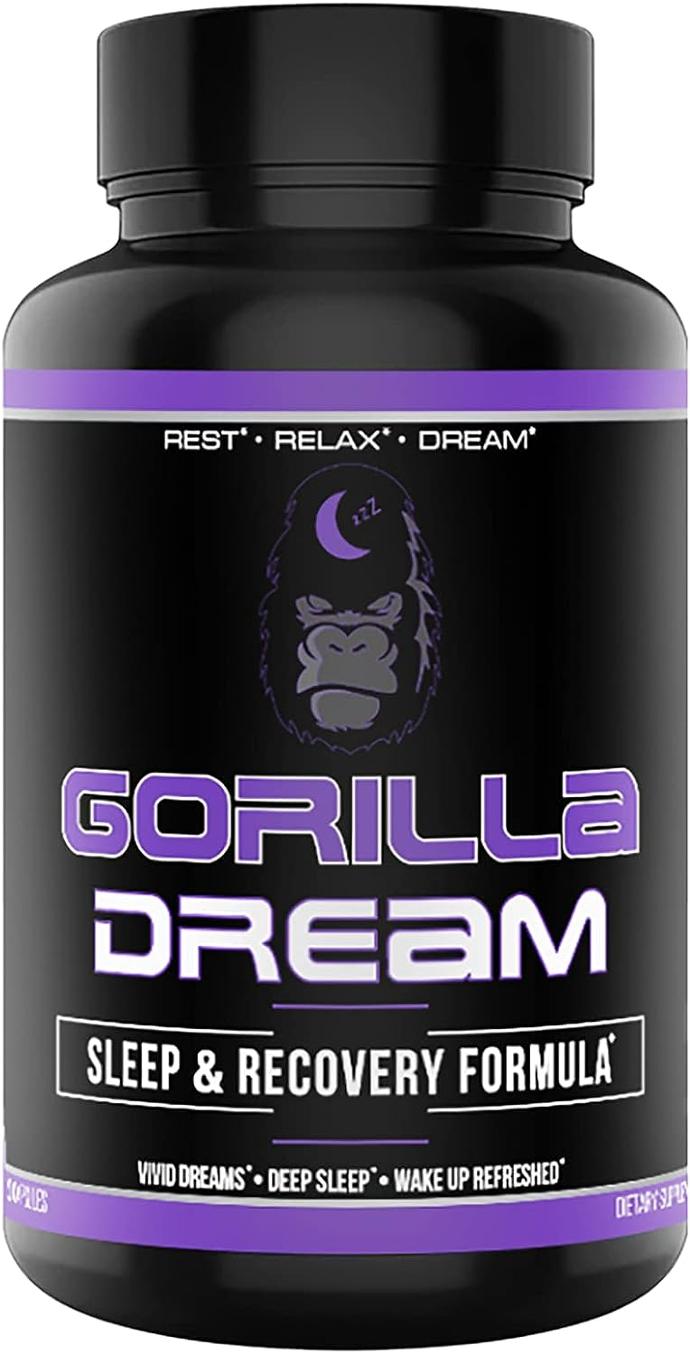
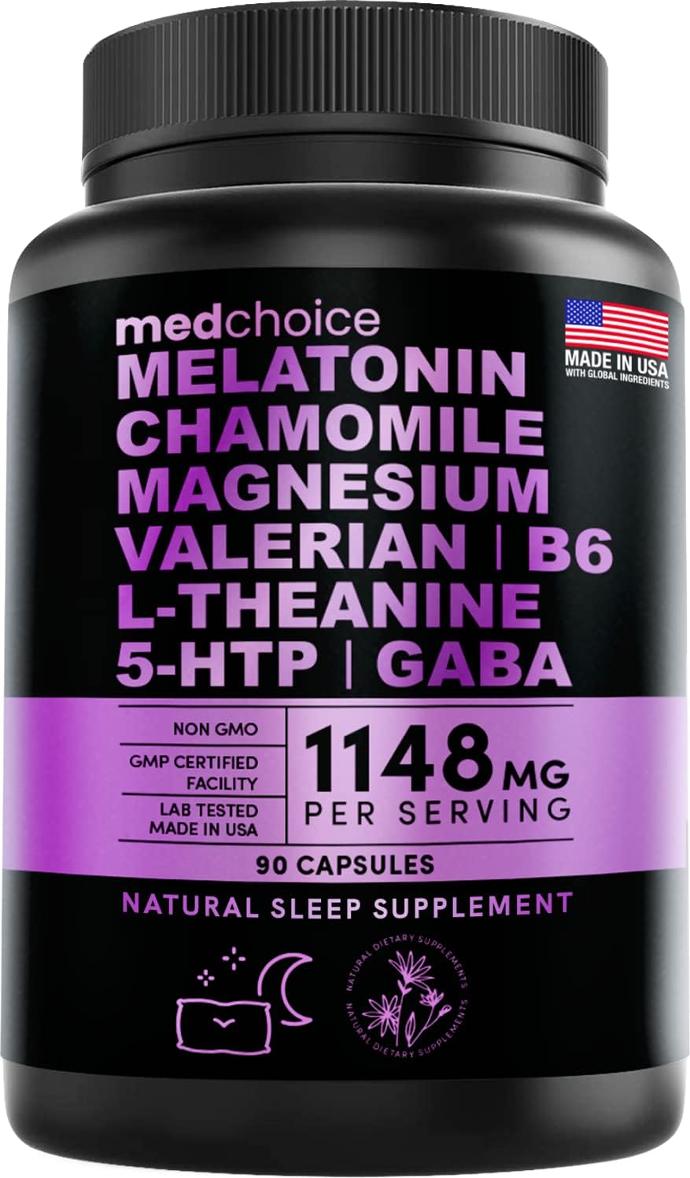

Pre- and Post- Exercise Nutrition